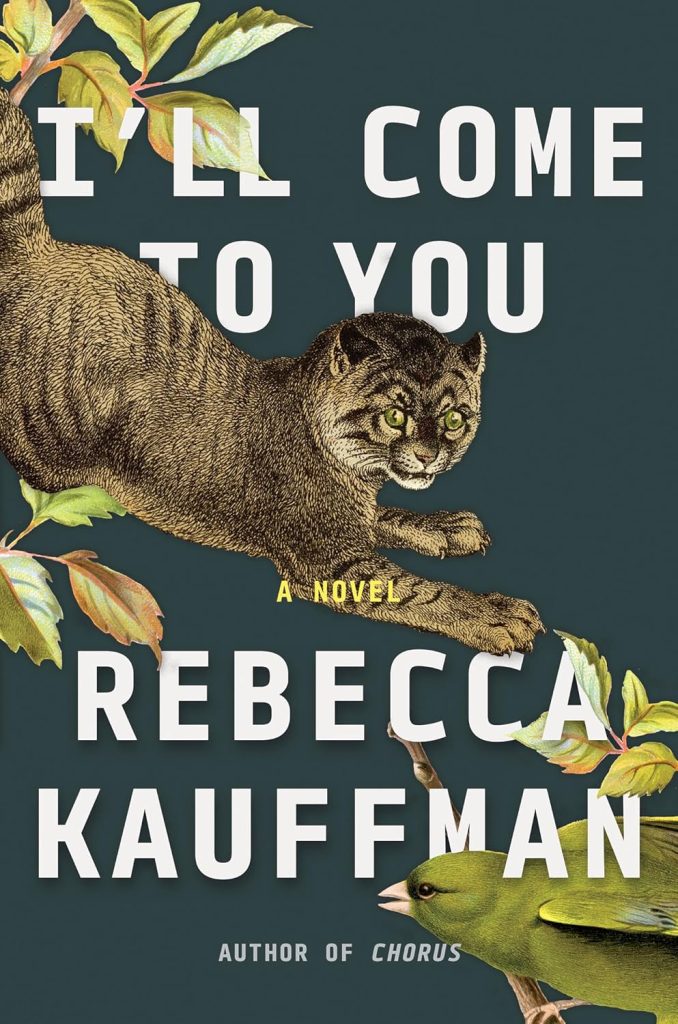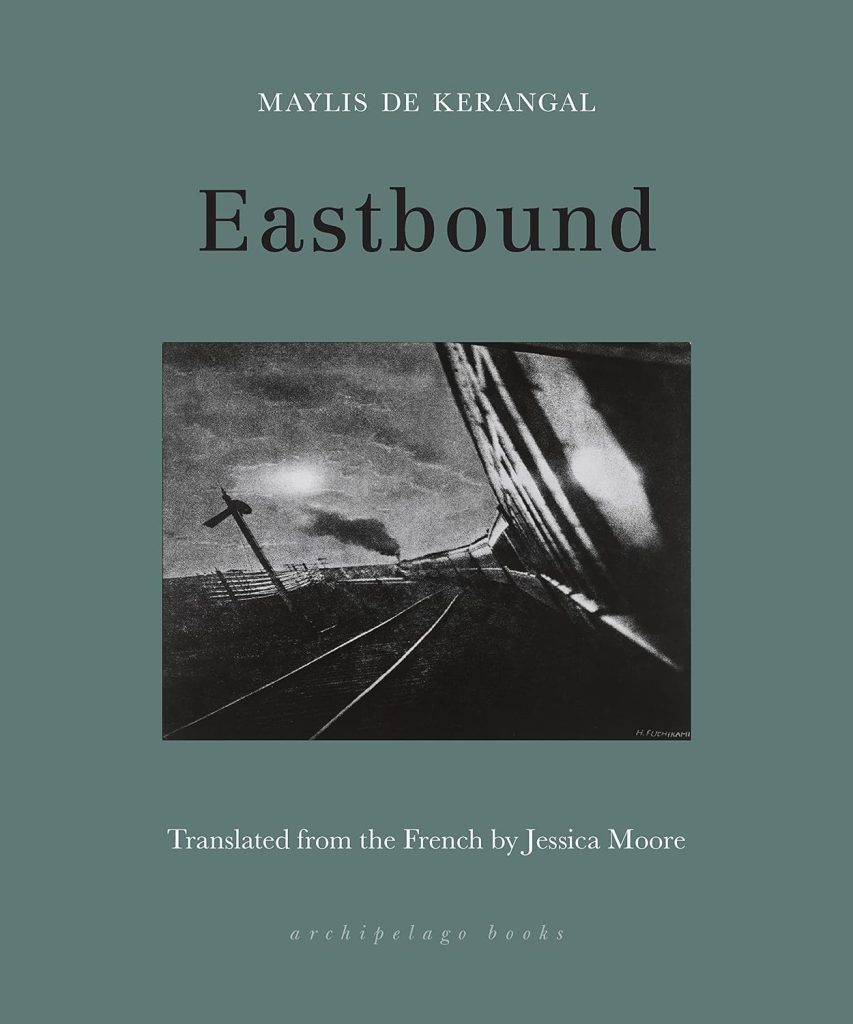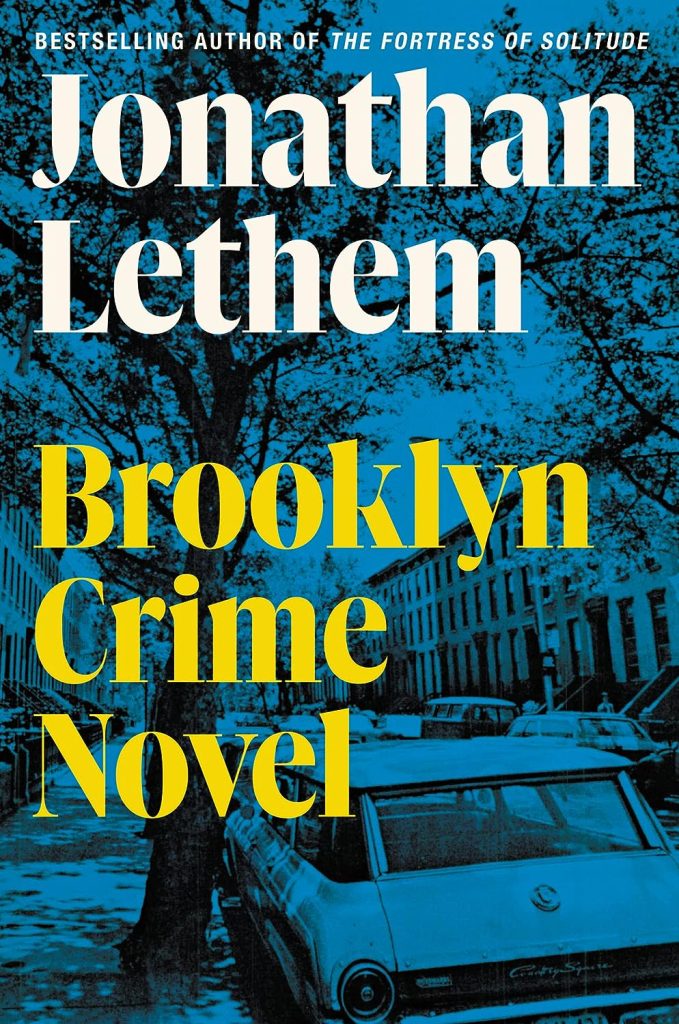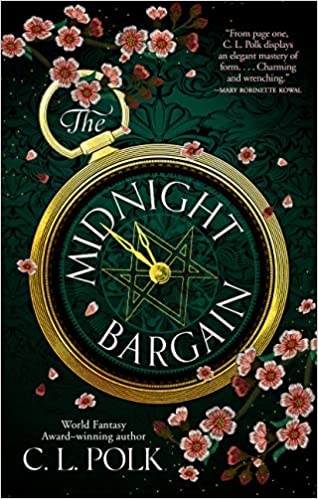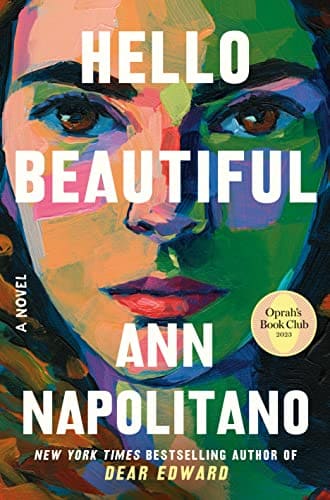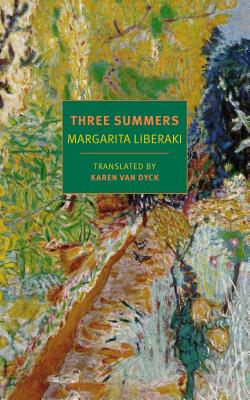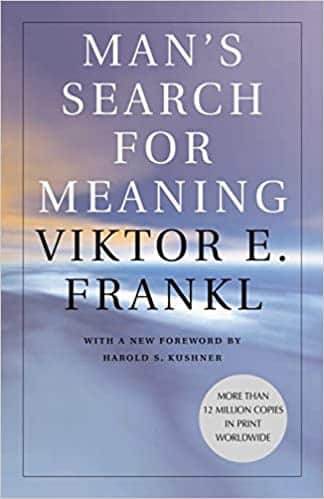
Man’s Search for Meaning
Estimated reading time: 2 minutes, 43 secondsI recall reading portions of Man’s Search for Meaning by Viktor E. Frankl at various times, but I never completed the book. However, recently, eight and a half months after Jan’s passing, my wife and I were discussing in one of my groups. Frankl’s theory of logotherapy, which derives from the Greek word for “meaning,” centers around the idea that the primary human drive is not pleasure, as Freud believed, but rather the search for what gives life meaning. I now have a framework for my life without Jan.
For those like me who are widows, Frankl understands suffering,
In some ways, suffering ceases to be suffering at the moment it finds a meaning, such as the meaning of a sacrifice.
Jan and I lived meaningful lives. My challenge now is to continue to find meaning in my life without Jan.
As Frankl writes,
Those who have a ‘why’ to live can bear with almost any ‘how.
The love Jan and I shared was one of my primary sources of meaning. In addition, I stopped working full-time at the end of 2018 and struggled to replace the purpose I had gained from repairing the world. After Jan died, I suffered the “provisional existence of an unknown limit, ” which Frankl experienced when he was in the concentration camps.
I have replaced the loss of meaning and purpose with a series of activities:
- Planning to celebrate Jan Day on her birthday this year.
- Writing my random thoughts on Jan, love, grief, life, and all things considered;
- Reading more than ever, including my Goodreads 2022 Reading Challenge; and
- Walking more than I probably should.
I am also beginning to serve on the board of a few non-profits. It is time to transition from hands-on work to providing leadership in a different way.
Will this be enough to give my life meaning?
Ultimately, man should not ask what the meaning of his life is, but rather must recognize that it is he who is asked. In a word, each man is questioned by life, and he can only answer to life by answering for his own life; to life, he can only respond by being responsible.
I must continue to focus on my search for meaning, as life will inevitably change over time.
My grief journey has taught me that love never dies,
For the first time in my life, I saw the truth as it is set into song by so many poets, proclaimed as the final wisdom by so many thinkers. The truth – that Love is the ultimate and highest goal to which man can aspire. Then I grasped the meaning of the greatest secret that human poetry, thought, and belief have to impart: The salvation of man is through love and in love.
My path forward is to keep Jan’s love alive and continue to share it with others.
I recommend this book without reservation.
When you purchase a book through one of my links, I earn a small commission that helps support my passion for reading. This contribution allows me to buy even more books to share with you, creating an incredible cycle of discovering great reads together! Your support truly makes a difference!
Enjoy a limited-time offer of 20% off your next book purchase at Bookshop.org!


